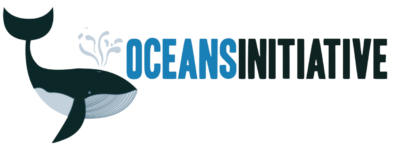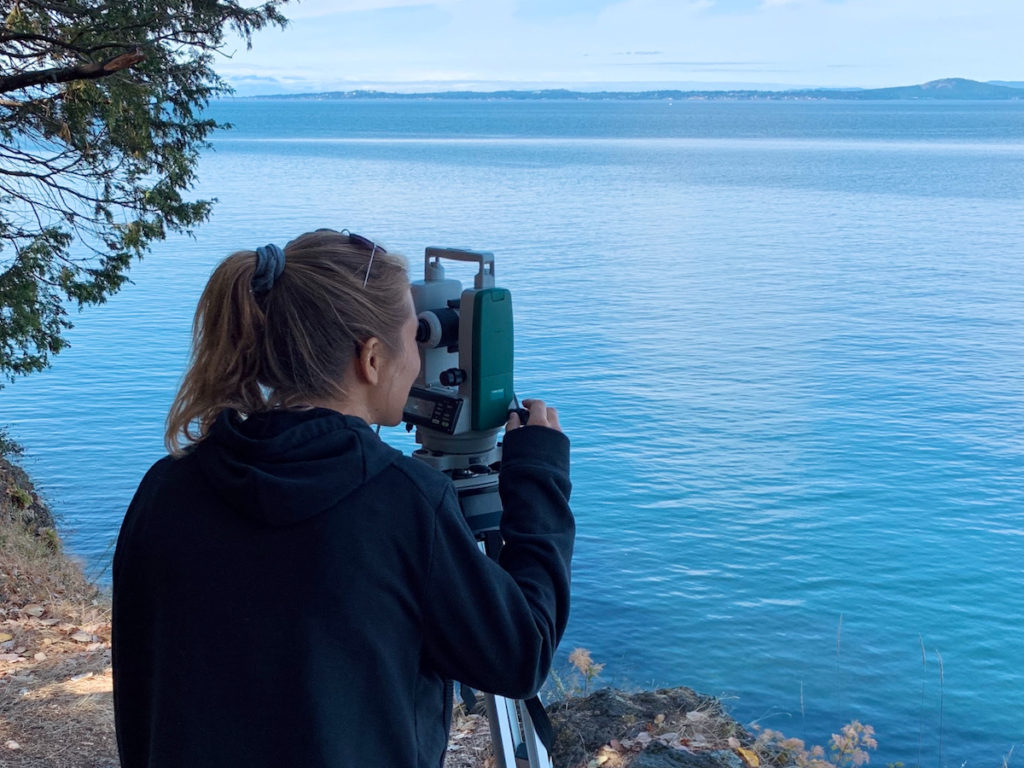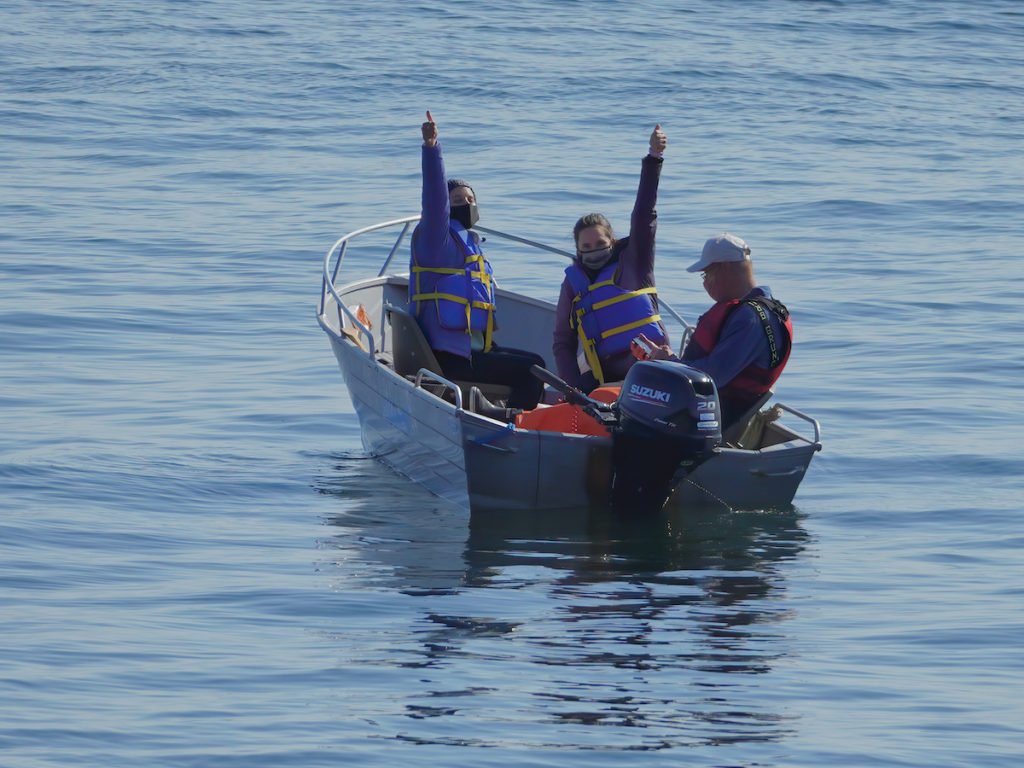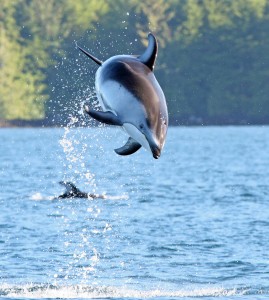By the Oceans Initiative Team of Women Scientists
Do you remember being a child and someone asking you, ‘What do you want to be when you grow up?’ Some of us certainly answered, ‘a Marine Biologist!’ But how many of us followed that dream? What does it even look like to be a marine scientist? Each of the womxn on our team at Oceans Initiative has their own story for what led them to pursue a career in marine science. We’ve all faced unique challenges and discovered things about ourselves along the way. Science in general is a predominantly male field, but we’re changing that one woman scientist at a time. We’re just a few of the ever-growing faces of ‘Womxn in Marine Science.’ In honor of International Womxn’s Day, here we share our stories with you to invite all budding marine scientists, particularly the underrepresented, to get curious about what it means to pursue this dream. It looks different for everyone, and we hope you feel compelled to share your stories with us in the comments section, too!
Meet the Womxn:
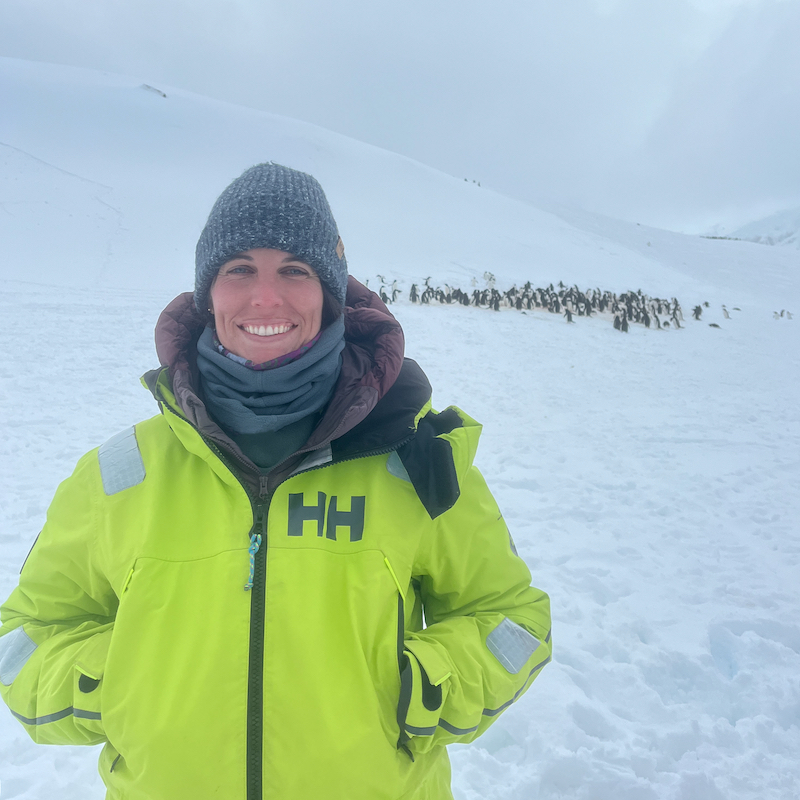
My name is Kimberly Nielsen and I’m a Research Associate at Oceans Initiative. I started as a member of the 2020 Southern Resident killer whale field team, but my role has evolved to support a variety of projects. My day-to-day involves a little bit of everything: crunching numbers, building ecological models, mapping spatial data, writing papers and reports, and collecting data in the field. Outside of work and science I find joy in hiking, paddle boarding, traveling, and reading.
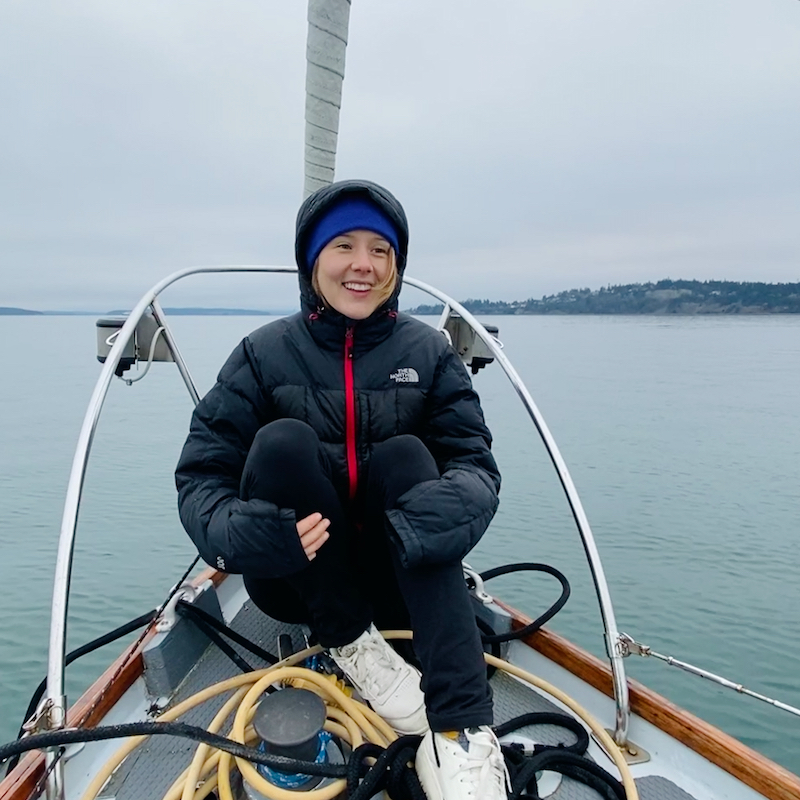
My name is Marena Salerno Collins, and I am a Research Associate with Oceans Initiative. I have been working for the organization for almost 4 years and have held various roles over that time. I am grateful for the organization and the inspiring womxn I get to work beside every day. Besides my work in marine science, I am a musician, artist, sailor, and avid outdoor enthusiast.
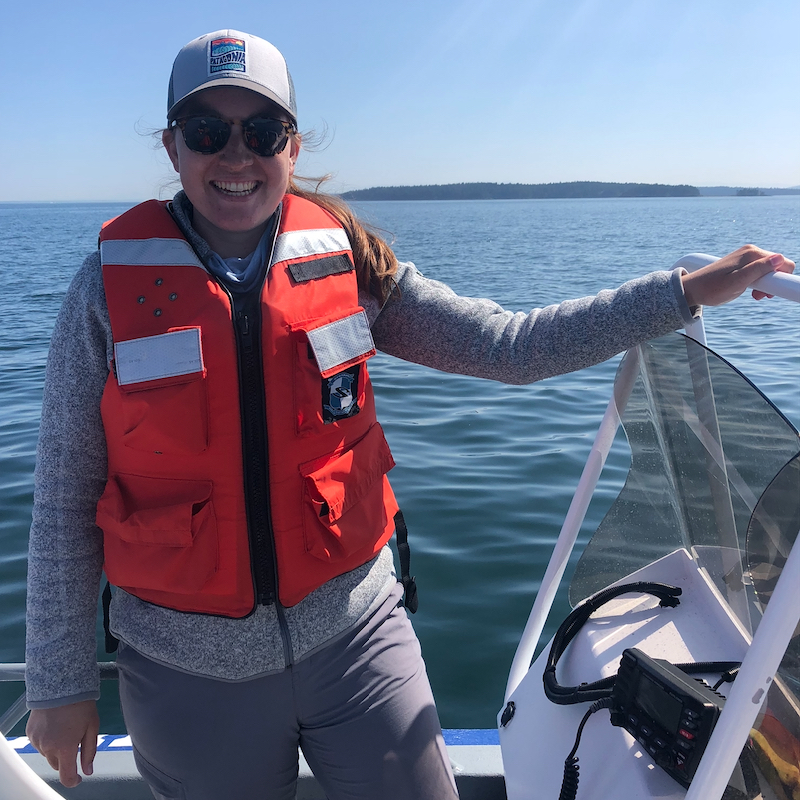
My name is Katie Wold and I am a Biological Research Technician for Oceans Initiative. I have worked primarily on the TAST (Targeted Acoustic Startle Technology) project, which involved counting seals and recording their distance from the device to evaluate the efficacy of our acoustic deterrent device. I’m also part of the team theodolite tracking Southern Resident killer whales around San Juan Island. I am so thankful to be part of team that works together on a variety of projects that make a difference to marine life locally and around the world.
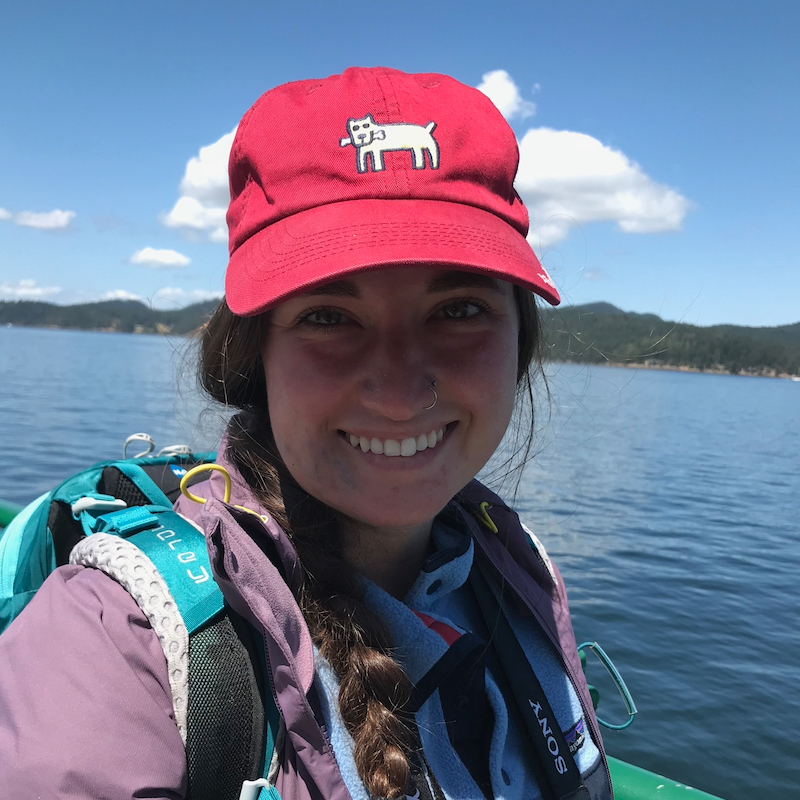
My name is Stephanie Reiss and I am a marine biologist, field researcher, and natural world enthusiast. I am a Biological Research Assistant with Oceans Initiative. Under this role, I have participated in data collection in the field, post-processing, report writing, and more. I have gained a variety of skills during my time with Oceans Initiative including theodolite tracking of cetaceans, Targeted Acoustic Startle Technology (TAST), and hydrophone deployment. Outside of work, I enjoy writing, reading, cooking, and all kinds of outdoor activities.
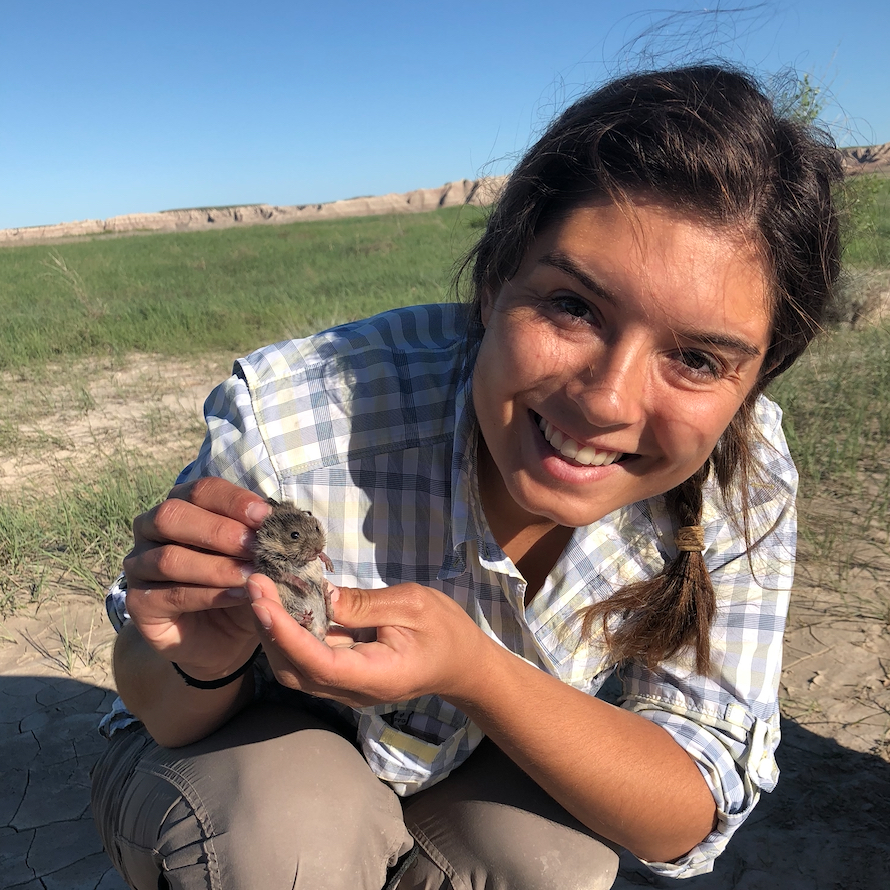
My name is Andrea Mendez-Bye. I am a scientist, a friend, a daughter, and a woman. I am a highly passionate and driven person with a huge goal of saving as many animals as I possibly can. I get overly excited and feel so much joy from the work I do. My role with Oceans Initiative is currently working on analyses of data on Pacific white-sided dolphins as well as the Targeted Acoustic Startle Technology (TAST).
How and why did you get involved in Marine Science and Oceans Initiative?
Kimberly: I’ve always felt at home on or under the water. Growing up in southern California, I spent a lot of time at the beach tide pooling, body surfing, and freediving. That passion for the ocean naturally evolved into curiosity so I pursued a degree in Marine Science. After spending a few years doing remote fieldwork studying sea turtles and cetaceans, I recognized that I was lacking some quantitative skills and decided to complete a graduate degree focused on statistics and spatial ecology. This work fit perfectly with the mission of Oceans Initiative.
Katie: Growing up around the Puget Sound, I’ve always loved exploring and investigating the marine world. Some of my earliest memories are poking around in tide pools, trying (and failing) to catch small fishes, finding hermit crabs, and watching seals pop their heads out of the waves. As I grew older, my curiosity for marine life grew with me. In high school I began volunteering at the Seattle Aquarium, where I learned so much about the organisms I’d been seeing my whole life that I was inspired to further my knowledge by studying Aquatic and Fishery Sciences at the University of Washington. After gaining experience from a variety of field research projects, I began working for Oceans Initiative during the summer of 2021.
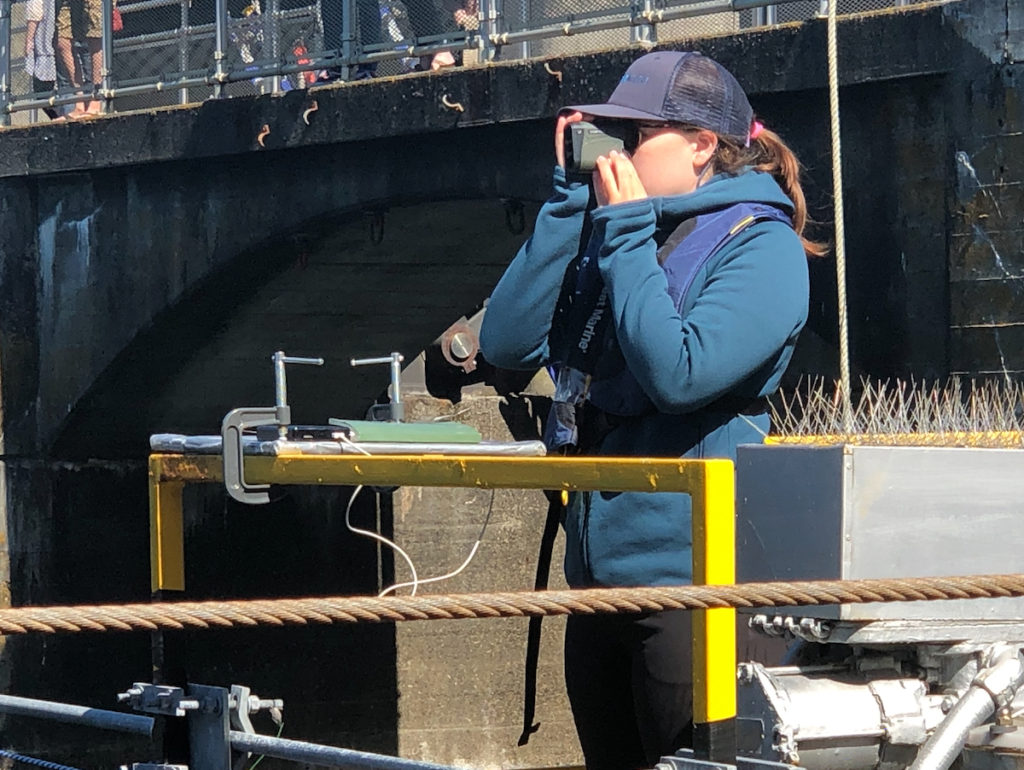
When do you feel most empowered in your work and what is one project you are working on that inspires you? Why?
Marena: I feel most empowered and inspired when I see evidence of actual action towards conservation efforts because of the work we do. While working with Oceans Initiative, I have seen multiple projects go from conception to publication. To see how an idea can become a groundbreaking piece of science is astounding. I feel empowered in these moments because I feel and see our power as womxn in marine science and am briefly able to quantify our impact.
Stephanie: I feel most empowered in my work when I am working with others who inspire me or encourage me to be at my best. The Southern resident killer whale project inspires me because it is a project with a lot of weight behind it—working with an endangered population—and sometimes, it can feel pretty heavy. However, myself and the rest of the team share a passion and desire for helping and protecting them so much so that even when we have really long days or a challenge pops up, we all rise to the occasion.
Andrea: I feel most empowered in work when I see amazing things happen in front of me. Two major examples of this are in the field and in the office. When I am in the field and I see something incredible, such as a super pod of Southern resident killer whales in the sunset with a close knit team I feel unstoppable. Or when I am in the office working hard on an analysis and a significant trend appears, I get really excited and feel like I can do anything. A project that inspires me currently is the dolphin project, there are so many questions to be asked regarding Pacific white-sided dolphins currently. I feel fortunate to have an inquisitive brain, when I start to ask questions and figure out the answers piece by piece it is rewarding in a way that is hard to explain.
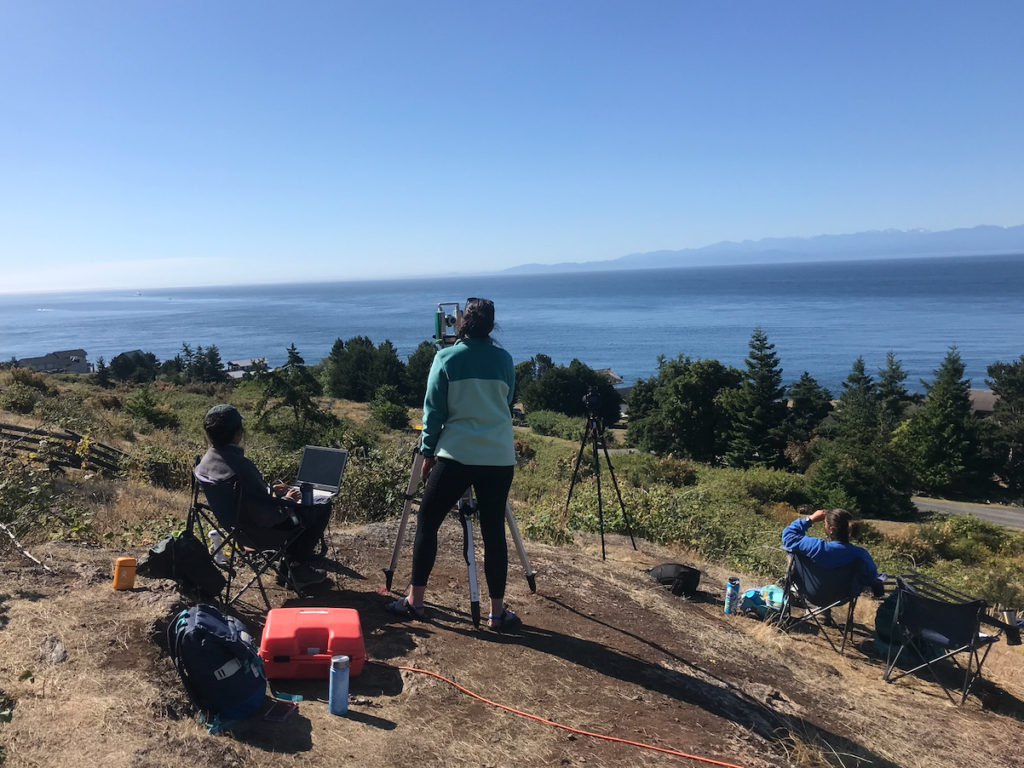
What are you looking forward to in your career (near or far in the future)?
Katie: I’m looking forward to continuing to study organisms and ecosystems that fascinate me. I hope to continue conducting field work and spending as much time outdoors and collecting data as I can. I’m also looking forward to furthering my education and becoming more comfortable with the statistical side of research.
Stephanie: I am looking forward to more learning opportunities in the field. I love the “learning-while-doing” approach of some fieldwork. One thing that is ever-present in fieldwork too is unpredictability. You can do your best to be prepared for any scenario but there will always be some moments that you simply could not have foreseen. I look forward to those moments too because it offers the unique opportunity to respond to challenges that you may or may not have encountered before.
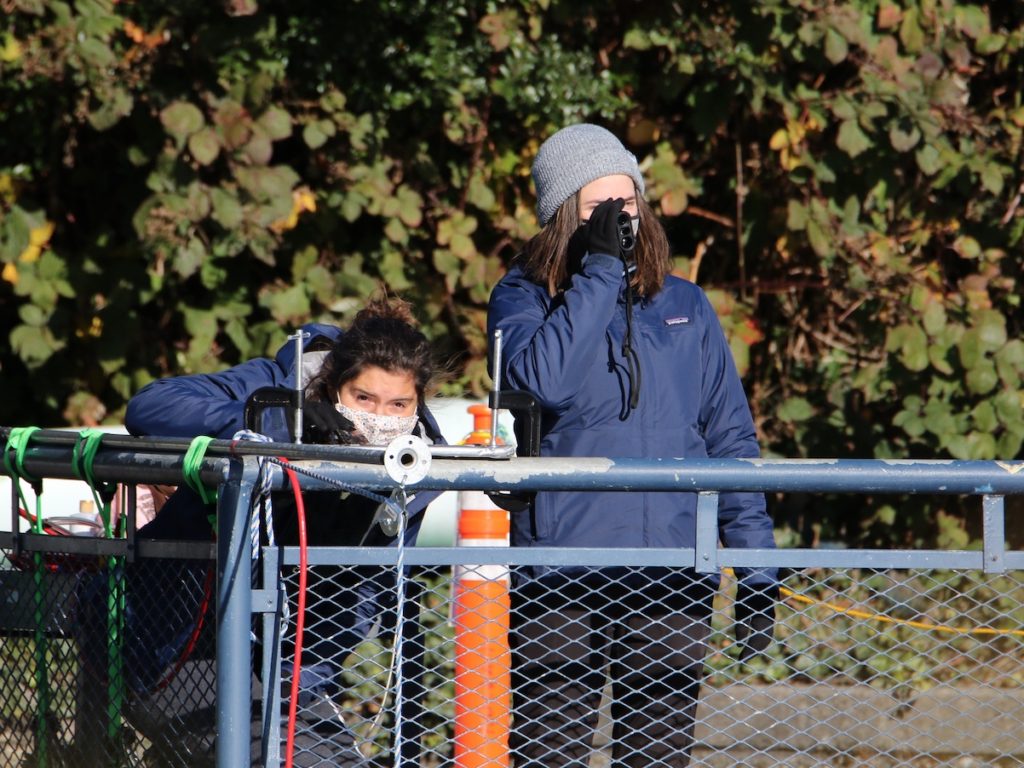
Did you have a womxn role model that influenced your decision to pursue this career? If so, who?
Kimberly: I’ve been lucky to have so many strong, inspiring womxn in my life who taught me to believe in myself. When I started studying marine science and oceanography, however, I really struggled to find a mentor in a field dominated by men—many of whom didn’t take my research interests seriously (and voiced that to me multiple times). It took a little longer than planned, but I carved a nonlinear path into the career that I wanted. I am so grateful to all of the womxn I’ve had the opportunity to work with and learn from along the way, including the ladies at Oceans Initiative who continue to inspire me with their dedication and innovation.
Marena: Erin Ashe has been an incredible role model and inspiration for me. Because I started my marine science career with Oceans Initiative, I just thought it was normal to do everything she does, as she was the only example I had. However, I quickly realized, and continue to believe, that she is a marine science superhero. She has been illustrating for decades what is possible for womxn in this field while simultaneously empowering countless people along the way.
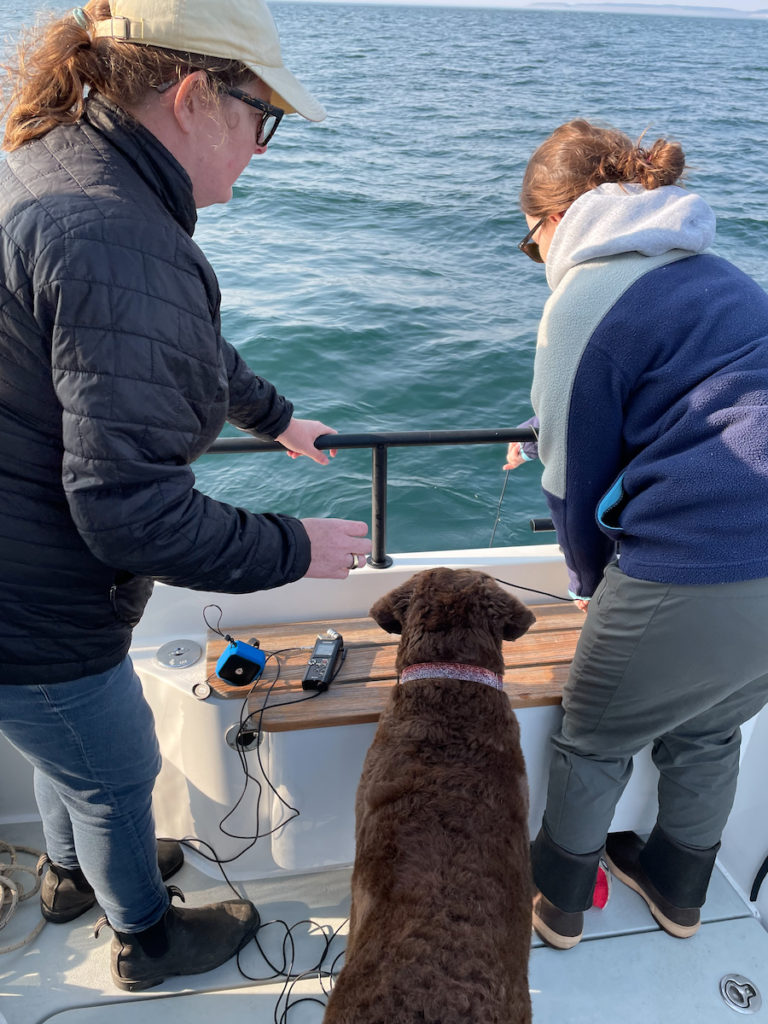
What challenges or differences do you believe still exist in the field of science, if any?
Andrea: The major challenges that still exist are the opportunities to find a good job. It takes many scientists, both womxn and men, a long time to enter this field because of the lack of resources. Additionally, a big hurdle to climb is the very competitive environment that can potentially stop people from joining or sharing science for the benefits of the animals.
Katie: There is still a huge reliance on unpaid internships and volunteering to gain experience that is necessary to secure future jobs or graduate positions. This is an obstacle for a lot of early career scientists, and often results in a lack of diversity of backgrounds, experiences, and points of view that I believe is a massive loss to our field.
What is some advice you would share with a womxn who is interested in going into marine science?
Andrea: Don’t give up! When things are hard and you feel like quitting, hold on to a special moment that can’t be replaced. That way you will always have motivation. I call them my National Geographic moments, the moments with wild individuals that will always glow in my mind like highlighting a favorite quote in a book.
Marena: The advice I would give a womxn who is interested in going into marine science would be: You can do anything you set your mind to. I know it sounds cheesy, but it is also some of the best advice I have ever gotten. Just take one step at a time, see where you want to be and work towards it, even if only in baby steps. Don’t get discouraged by not getting there immediately or taking steps that don’t have a positive linear trend. Additionally, don’t be afraid to stand up for yourself and know your worth both as an individual and a scientist. Not knowing something is not synonymous to failing, it just means there are still things to learn.
Kimberly: There are certain challenges to being a womxn in STEM, and unfortunately, on top of the imbalance created by a biased system, some of the barriers we run into are those we make for ourselves. To any womxn pursuing a career in STEM or marine science: remember that you are brilliant, you are an integral part of any team you’re on, and your perspective matters. Everyone’s path into this field looks different and our career timelines are often self-imposed. It is never too late to go after your goals.
Stephanie: Some advice that I would share with womxn interested in marine science is to broaden your perspective of what fits within the bounds of “marine science.” There are all kinds of opportunities that involve marine science that are not necessarily the status-quo. Pick up different kinds of skills and experience where you can (such as fieldwork, statistical analysis, scientific writing etc.) and don’t feel discouraged if you try something and discover that you simply don’t like it. You can pursue a career in marine science without being a field researcher, statistician, or grant writer. There are a multitude of possibilities but the more you introduce yourself to a variety of skills, the more prepared you will be to tackle any obstacles that come your way.
Katie: I would advise any womxn looking to get into marine science to get as much experience as you can while you’re an undergraduate student! Talk to your professors, see if they or any of their graduate students need help in the lab or with their field work. Even if your research is in a slightly different field, any experience you gain can be relevant for a future project in marine science, and building a good foundation of skills and working on a team is very helpful when pursuing marine science. Try not to let yourself be intimidated by the field of marine science—when I was younger I never thought I would pursue marine science because I didn’t think I fit the image in my head of a “scientist”. There are so many ways to be involved in marine science, from research to policy to scientific writing to outreach and education, so don’t stop yourself from trying before you even know what’s possible.
